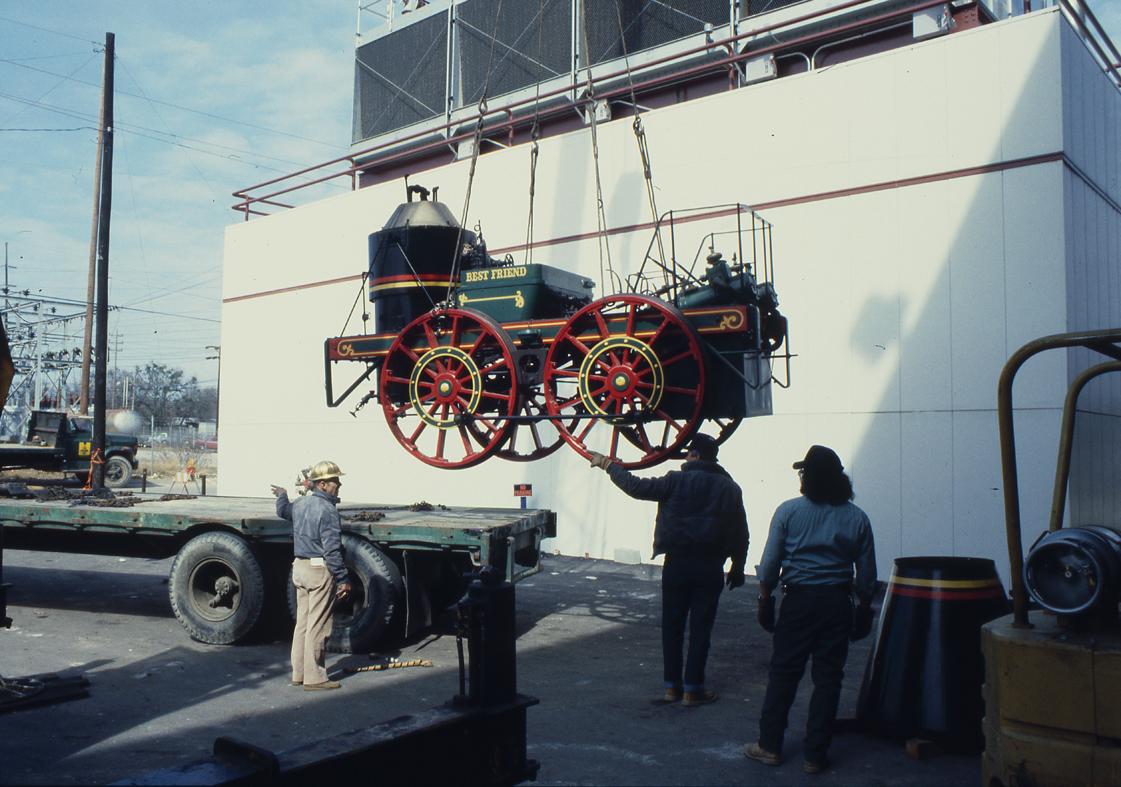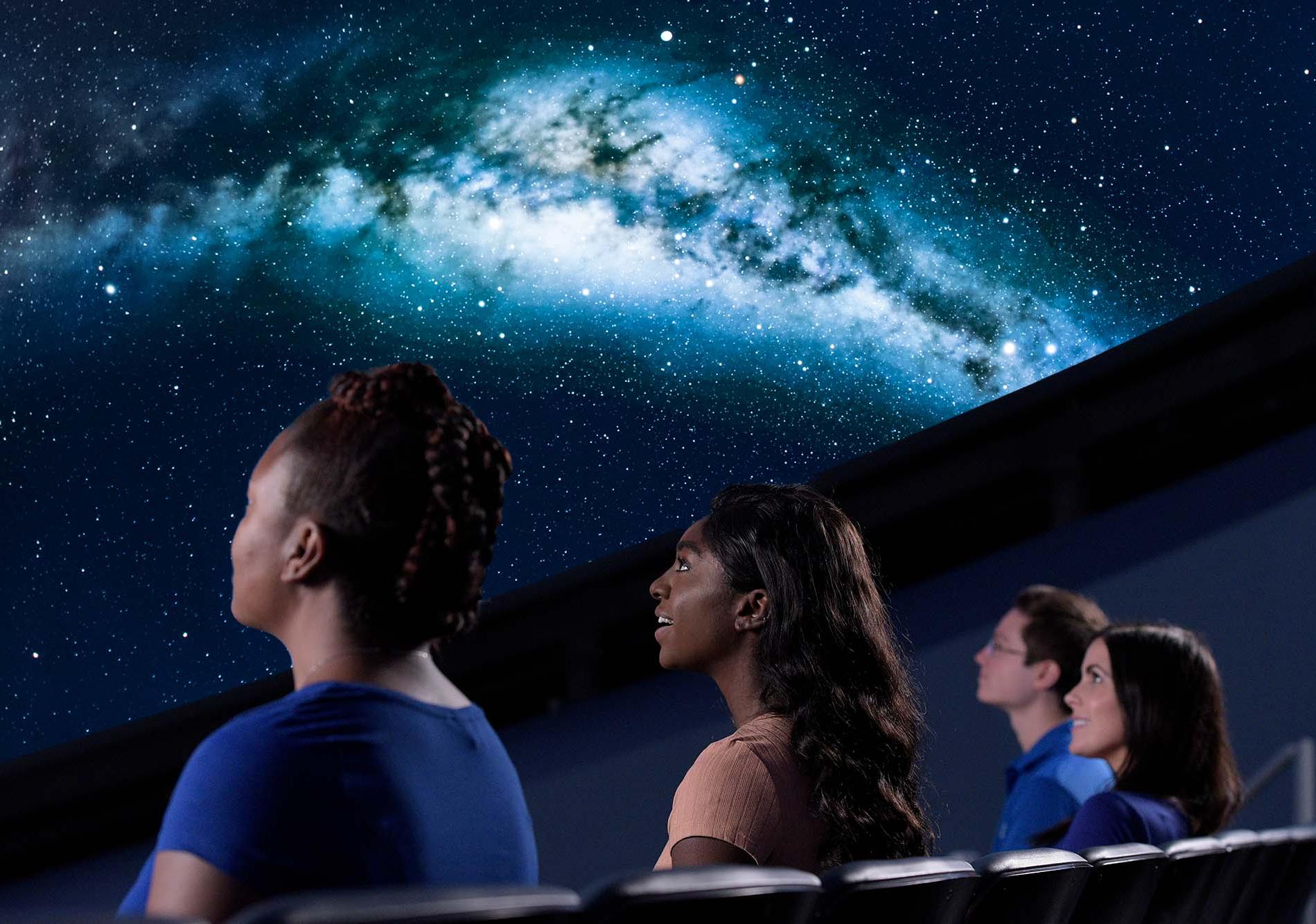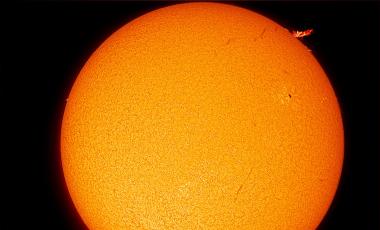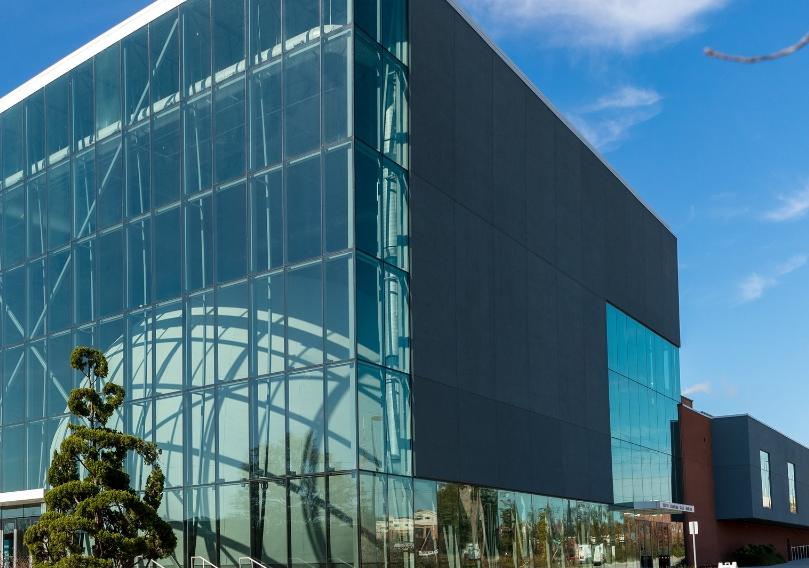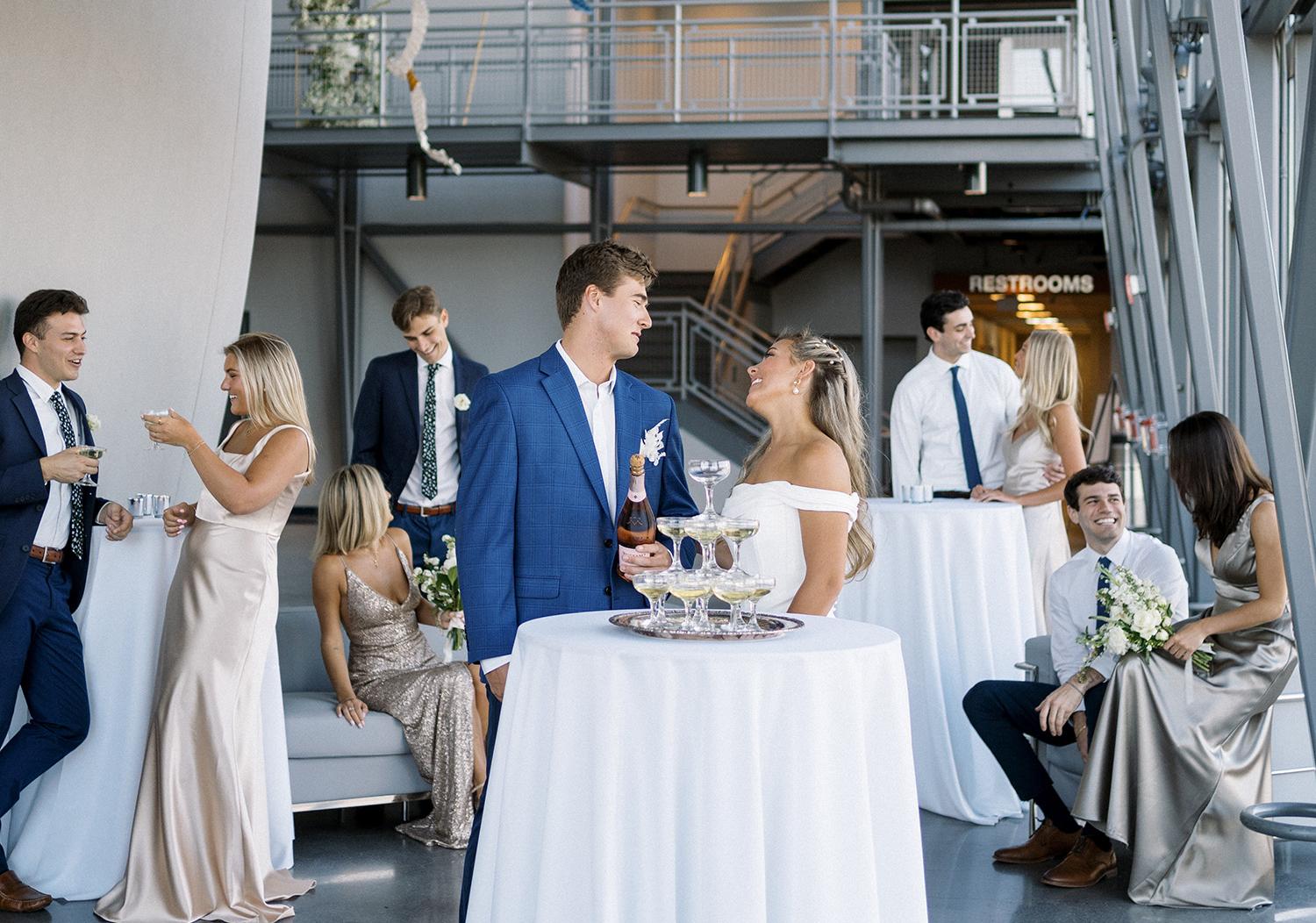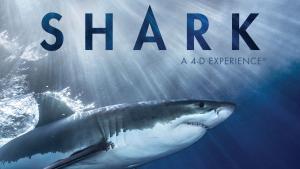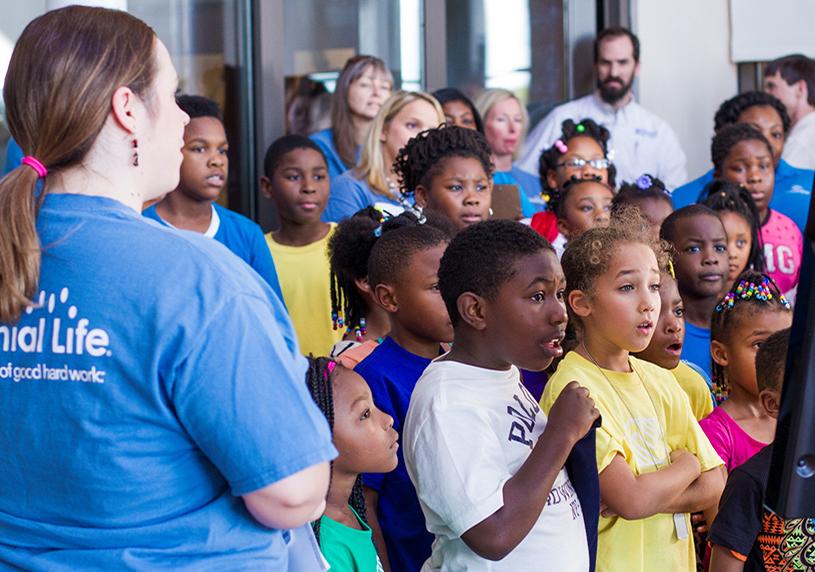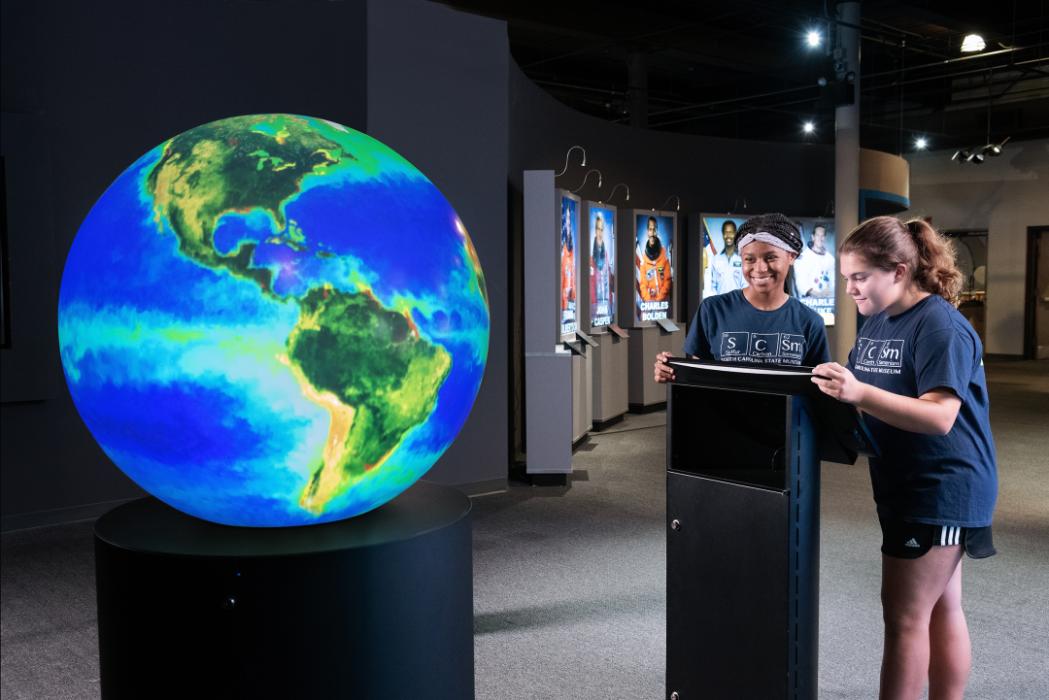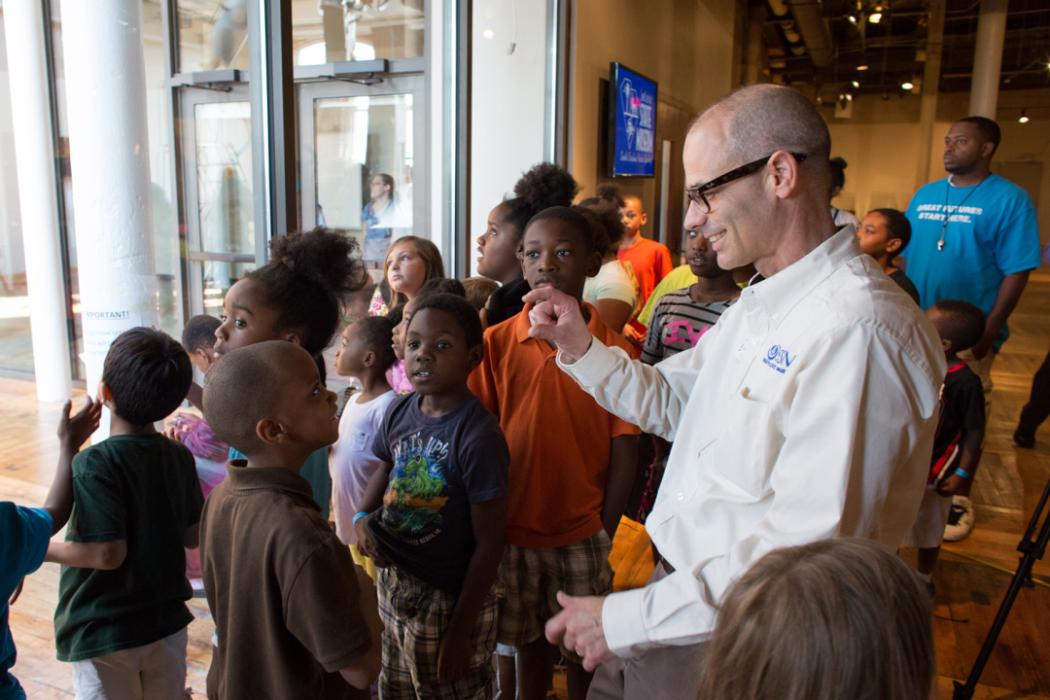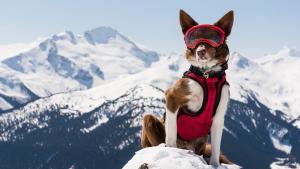
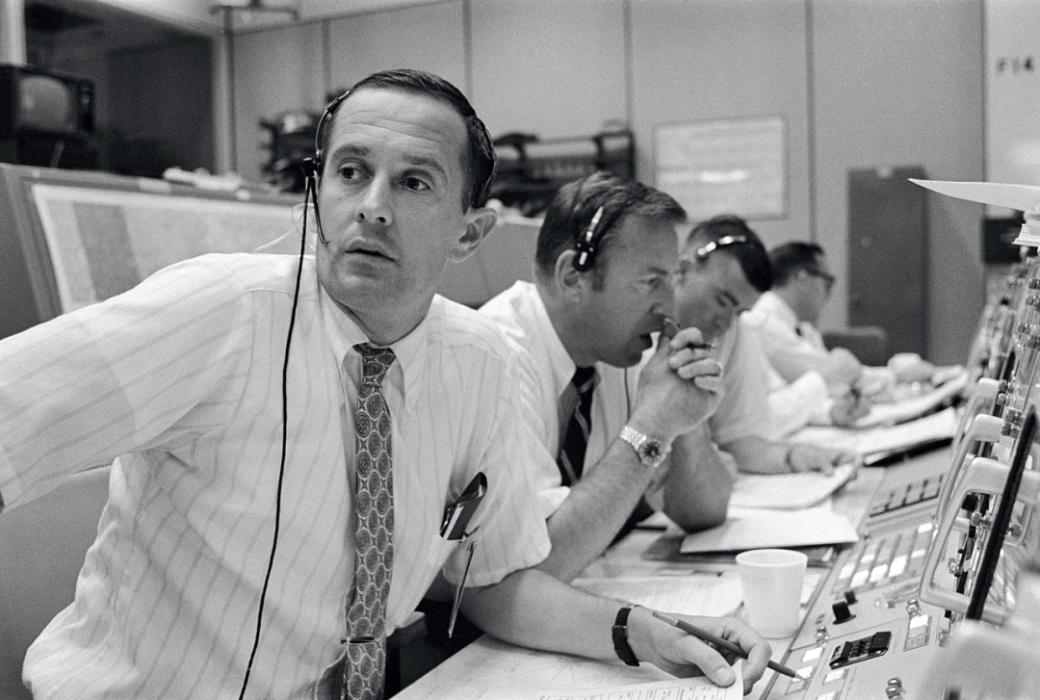
More than fifty years ago the world stood still as history was made when Apollo 11 touched down on the moon and three brave American astronauts stepped out. One of the men that helped make that happen, and later got to experience it himself, was South Carolina astronaut, General Charles Duke.
Take a moment to learn what it was like for Duke to leave his footprint, not only in history, but on earth’s closest neighbor – the moon!
When did you first realize you wanted to be an astronaut?
When I graduated from the Naval Academy in 1957, there wasn’t a space program or any astronauts. So I went to Germany in 1959 and was there when Yuri Gagarin and Alan Shepard went up as the first human beings in space.
I returned from Germany in 1962 and went to MIT to get a master’s degree. My second year there I was working on the Apollo guidance and navigation system and met a number of the astronauts that were there monitoring the development of that system. They were so excited and enthusiastic about their careers as astronauts, I asked them how I could become one.
After MIT, I went to test pilot school and graduated in 1965. I knew then that the best job you could have as a test pilot was an astronaut.
What went through your mind when you took your first step on the moon?
A lot of emotions. We were late landing, and so late getting out for that first moon walk. When I stepped on the surface, one of the overwhelming thoughts was, I’m really here. I’m finally on the moon. Two years of training had paid off and here I am.
Along with that was wonder, awe; overcome with the beauty of the moon, the desolation. As Buzz Aldrin called it, “magnificent desolation.” It was a beautiful place, gray in color. Very rough terrain. It was just a tremendous, exciting feeling and an emotional one.
Were you ever afraid?
We had been there [on the moon] almost 70 hours, we were finishing up our closeout on the last moon walk. John Young, my commander and I, decided we would do the moon Olympics.
We were doing the high jump, and when I jumped, I straightened up and my center of gravity went backwards due to the big backpack that I had on and I started falling over backwards. The backpack was not designed for high impact on the moon. It had a fiberglass cover that contained all the oxygen, regulators and electrical systems …. so if it broke, you were dead. Fortunately, I was able to scramble and land on my right side. My heart was pounding, but I realized I was okay.
What was the purpose of your mission to the moon?
Our mission was the first and only mission to the lunar highlands to survey and sample this unique part of the moon. Our landing site was probably one of the highest in elevation. It would be like landing in the Rocky Mountains if we landed in the US.
What was it like looking back at earth from the moon?
Where we were on the moon the earth was directly overhead. If you look up in your Apollo spacesuit, you see the top of your helmet, so it wasn’t very visible while we stood on the moon.
In the two days while we were in orbit, we would have Earth rise and it was a spectacular sight. From the moon, it seemed like you could hold out your arm and cover the earth with your hand. It was beautiful! You could see the polar ice caps, pure white, you could see the white clouds; an occasional hint of brown, which was land and the blue of the ocean. That jewel of blue, white and brown was suspended in the blackness of space … just a beautiful sight.
What’s it like to know that you’ve literally left a foot print in history?
Well to be honest, when we applied to be in the space program and got involved in Apollo, it wasn’t to leave a foot print in history. I volunteered for the love of exploration, the love of flight, the adventure of space flight. I was fortunate enough to be selected to be one of the 12 men, to this date, to have walked on the moon. So it was a great honor and a great privilege to serve my country as a military officer and also as astronaut. I was really humble that I got selected to an incredible mission. So I give credit to those footprints to mission control and also to the hundreds of thousands that worked on the mission, to make it possible that we would get such and adventure.
What have you been up to since your stellar career with NASA?
I left NASA in 1976. I decided to go into new ventures. We moved to San Antonio, TX. My primary work was in distribution, in the San Antonio area, after two years I sold that business and since then have been involved in various businesses and investing in software companies. For the last 10 years, I’ve been a motivational speaker, traveling all over the world. Also, in 1978 my wife and I began a Christian ministry. We share our testimony about what God has done in our lives. We walk with the lord in all that we do now. We spend 20 to 30 percent of our time in Christian ministry which we enjoy a lot and find it very fruitful.
What would you say to young boys and girls that are reading this and thinking of following in your footsteps with a career at NASA?
First off, get a good education. Take tough courses in school. Take care of yourself and work as hard as you can in school. Physically you have to have a healthy body to be an astronaut, so stay in shape and don’t get involved in drugs or alcohol. Stay focused on your career and it’s important that you select a course of study that you enjoy. If you never get selected to be an astronaut after doing that, you have a career that you will enjoy. If you have an idea to be astronaut, press on, keep focused and God speed.
